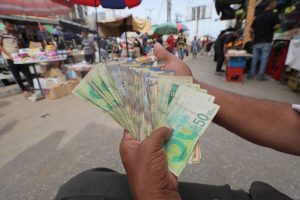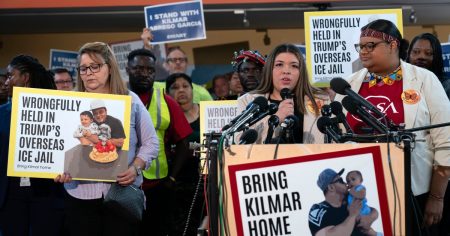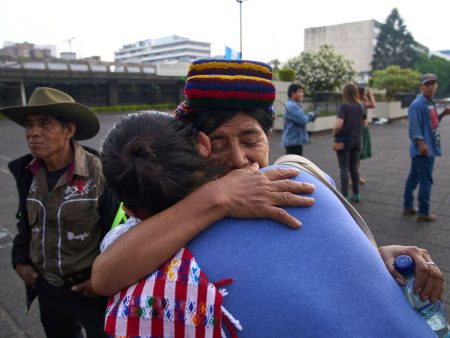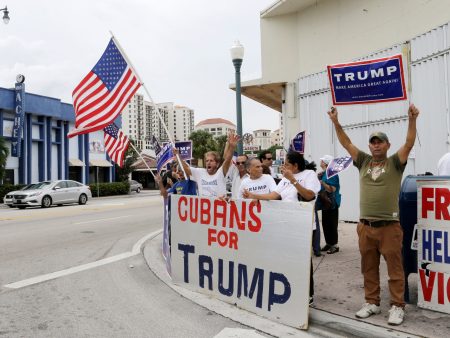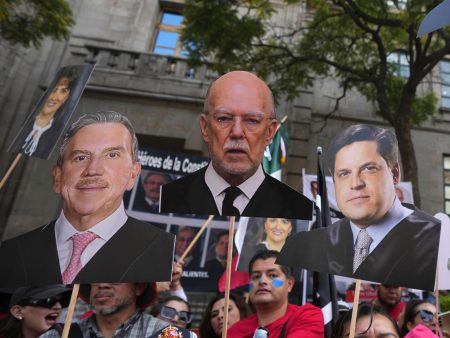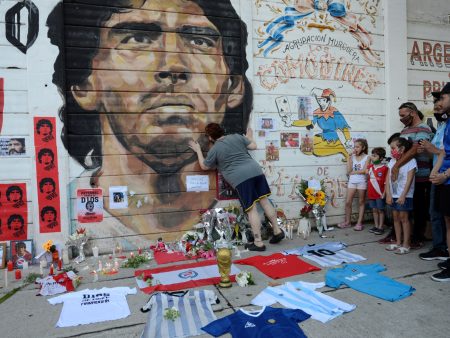The United Nations has initiated the evacuation of its staff from Haiti’s capital, Port-au-Prince, in response to the escalating violence caused by armed gangs. These developments come as clashes between gang members, police forces, and civilians, who are increasingly resorting to armed resistance, have sharply intensified. Following the recent closure of Port-au-Prince’s main international airport due to gunfire targeting commercial flights, the UN has begun relocating its personnel via helicopter to Cap-Haitien, with further departures planned. In addition, various foreign embassies and humanitarian organizations are also downsizing their operations and evacuating staff, increasing the urgency of the situation in the capital. The UN emphasizes that its commitment to Haiti remains steadfast, with ongoing support for humanitarian programs despite the operational reductions necessitated by the current climate of violence.
Humanitarian organizations like Doctors Without Borders (MSF) are facing dire challenges in Port-au-Prince due to threats against their staff and patients, prompting them to suspend critical medical services. MSF’s leadership expressed profound concern over the impact of this suspension, as they provide essential medical care in an environment already ravaged by violence and insecurity. Similarly, organizations such as Food for the Poor (FFTP) have struggled to maintain food delivery services owing to gang-related disruptions, roadblocks, and dangers associated with accessing seaports. The intermittent availability of fuel poses additional threats to humanitarian operations, leading to concerns about the impending crises in food security and health within the region.
On the security front, a UN-backed multinational security mission, primarily composed of Kenyan police, has been criticized for its efficacy in addressing rampant gang violence. Despite this criticism, the mission reported ongoing operations aimed at dismantling gang strongholds within the capital, particularly in areas led by notorious gang leaders. However, public dissatisfaction remains high regarding the mission’s capacity to stabilize the situation effectively. The United Nations has recorded alarming statistics reflecting the violence’s toll, with thousands of casualties reported in recent weeks and significant numbers of people displaced from their homes, illustrating the dire humanitarian crisis facing Haiti.
The alarming recruitment of children into gangs has further illustrated the severity of the situation. According to UNICEF, there was a staggering 70 percent increase in the recruitment of minors by gangs over the past year. This development underscores the broader protection crisis affecting children in Haiti, following a trend of increasing violence and lawlessness across the nation. The implications of such recruitment are far-reaching, creating a generation of children vulnerable to violence and exploitation, which could have devastating effects on the country’s future stability.
The Haitian government, with support from various international stakeholders including the US and Caribbean nations, has called upon the UN Security Council to authorize a comprehensive peacekeeping mission to restore order. Officials argue that the current multinational security force lacks the necessary resources and personnel to effectively tackle the escalating violence and instability in the country. While some members of the UN Security Council advocate for this intervention, there is significant opposition from countries like Russia and China, who caution against interventions that may bypass local civil society concerns and instead propose focusing efforts on enhancing the Haitian police’s capacity.
As conditions in Haiti deteriorate, the warnings from international leaders about the dramatic escalation of violence resonate louder. The UN reports indicate that the recent surge in coordinated gang attacks, resulting in staggering casualties, signifies a deepening crisis that is showing minimal signs of resolution. With more than 700,000 individuals already displaced due to the violence and unprecedented humanitarian challenges emerging in the wake of escalating gang control, it is evident that the ongoing situation requires urgent and effective international response strategies. The need for a coherent and coordinated global approach to mitigate the crisis in Haiti and support the Haitian people is more pressing than ever.
